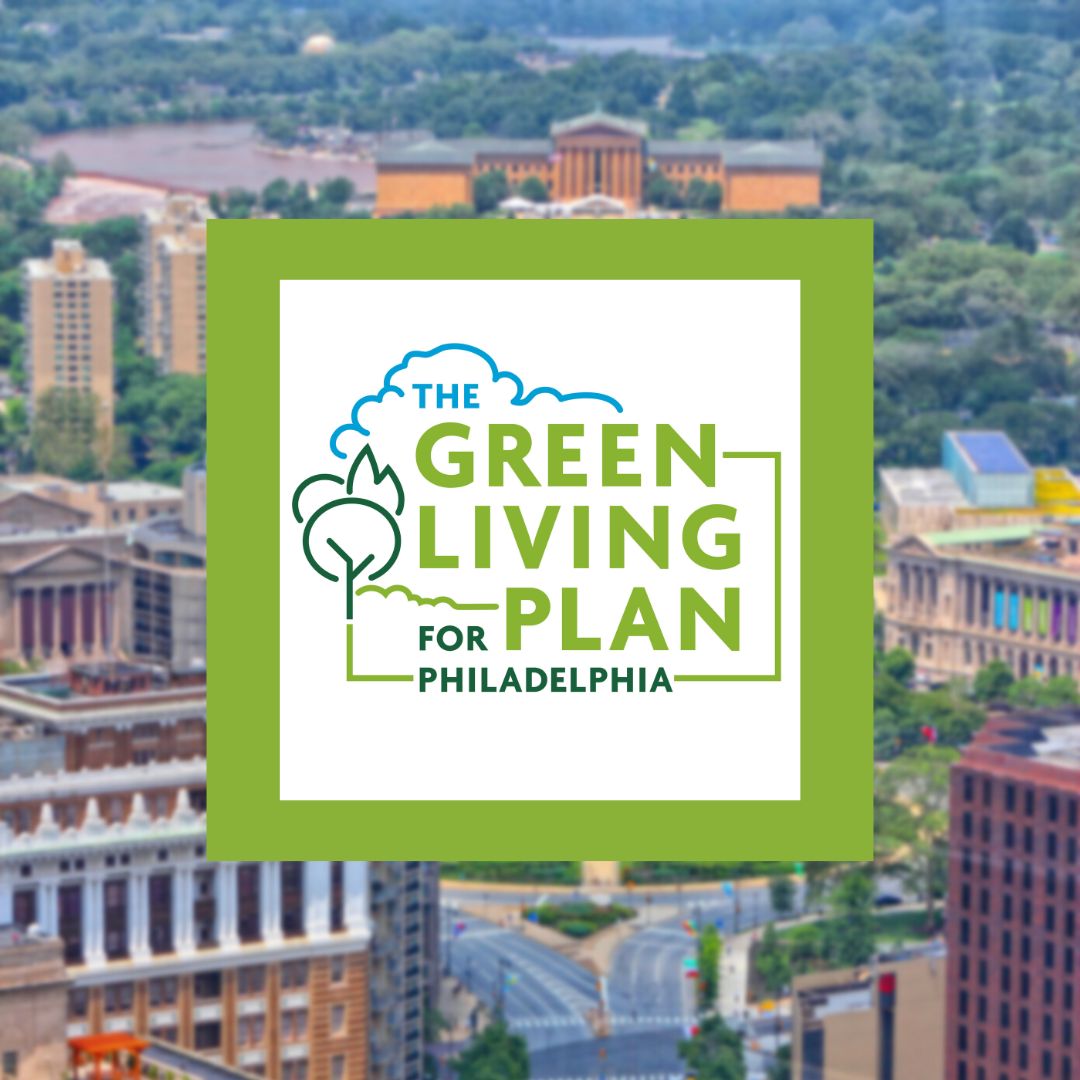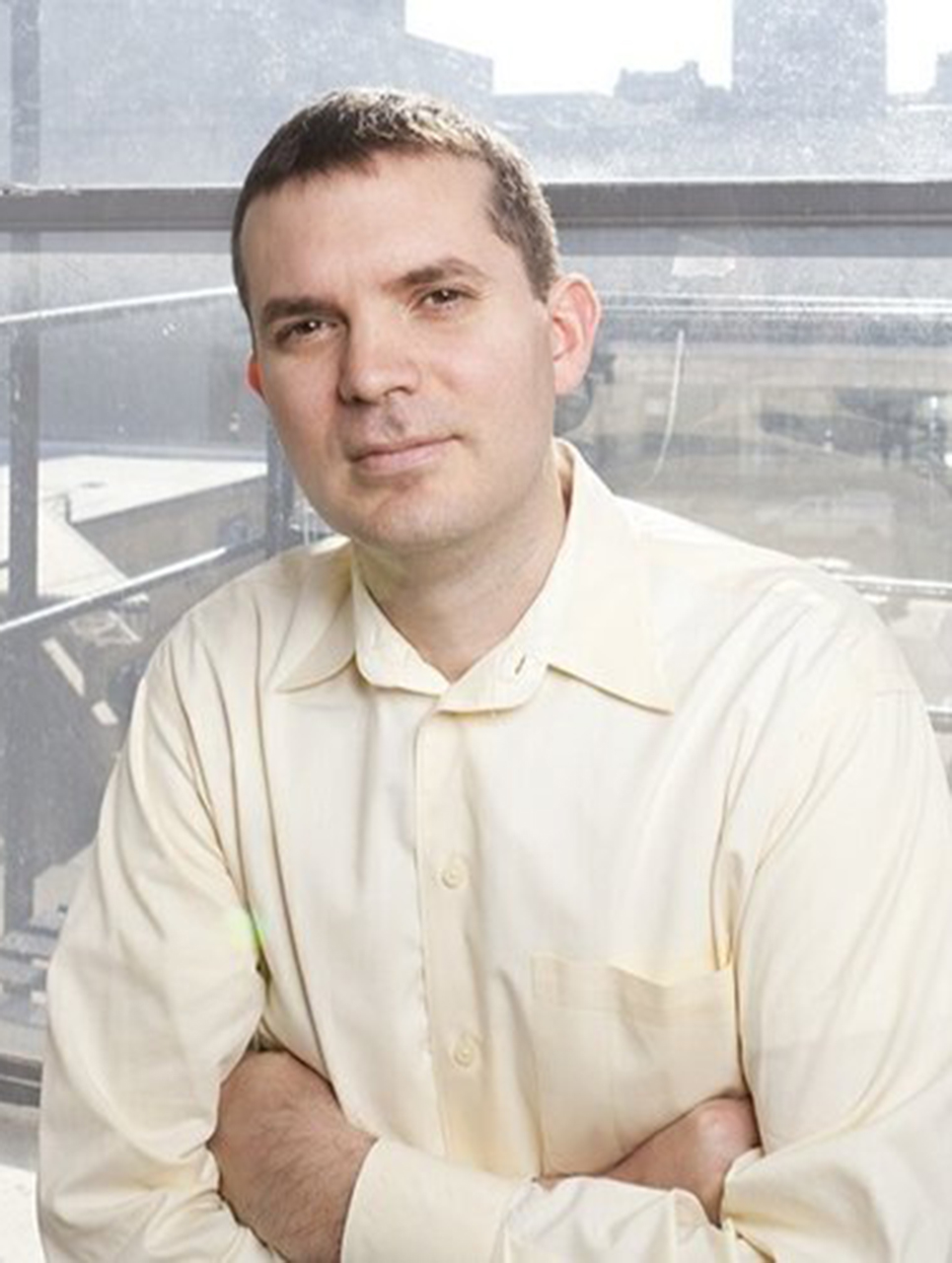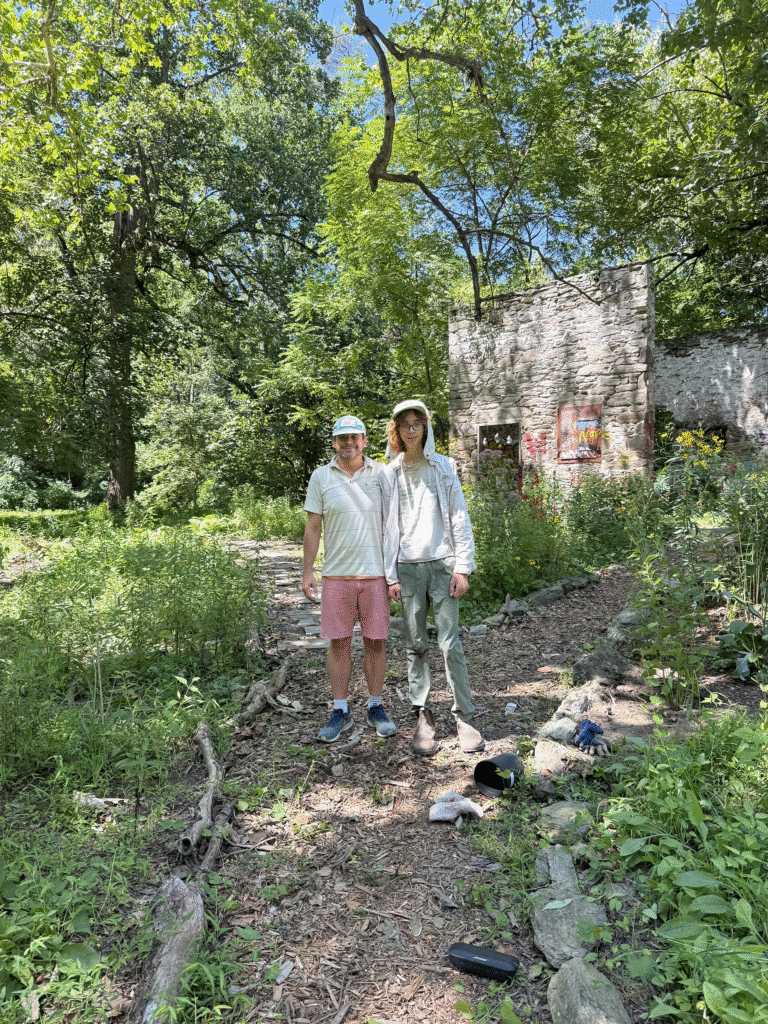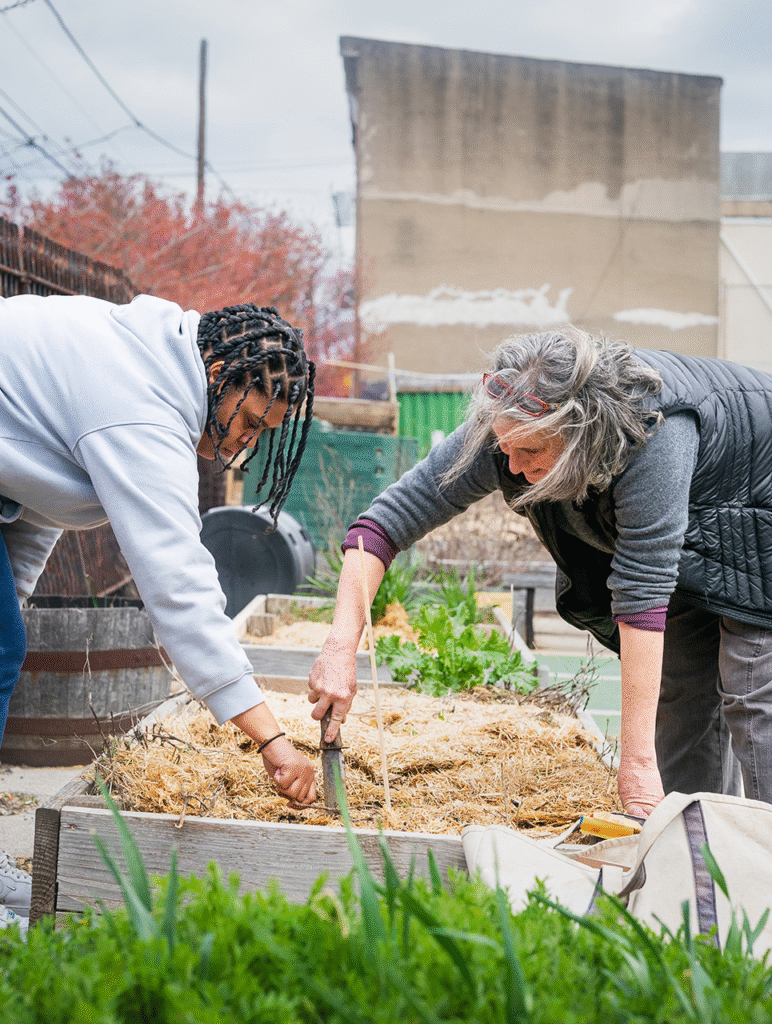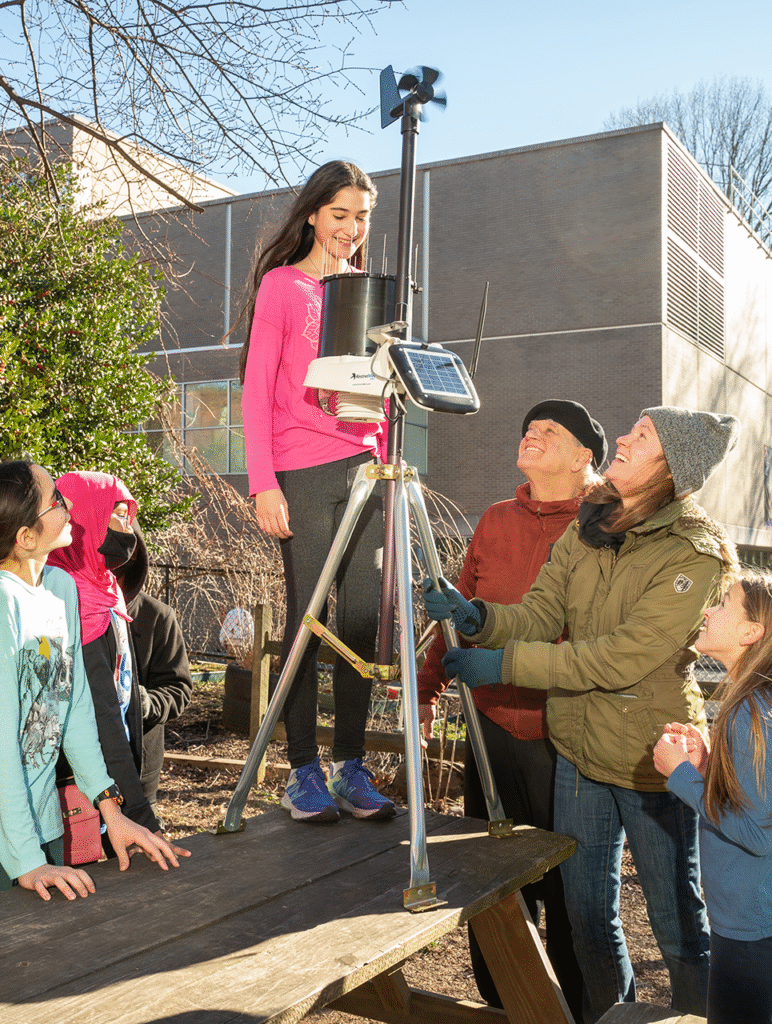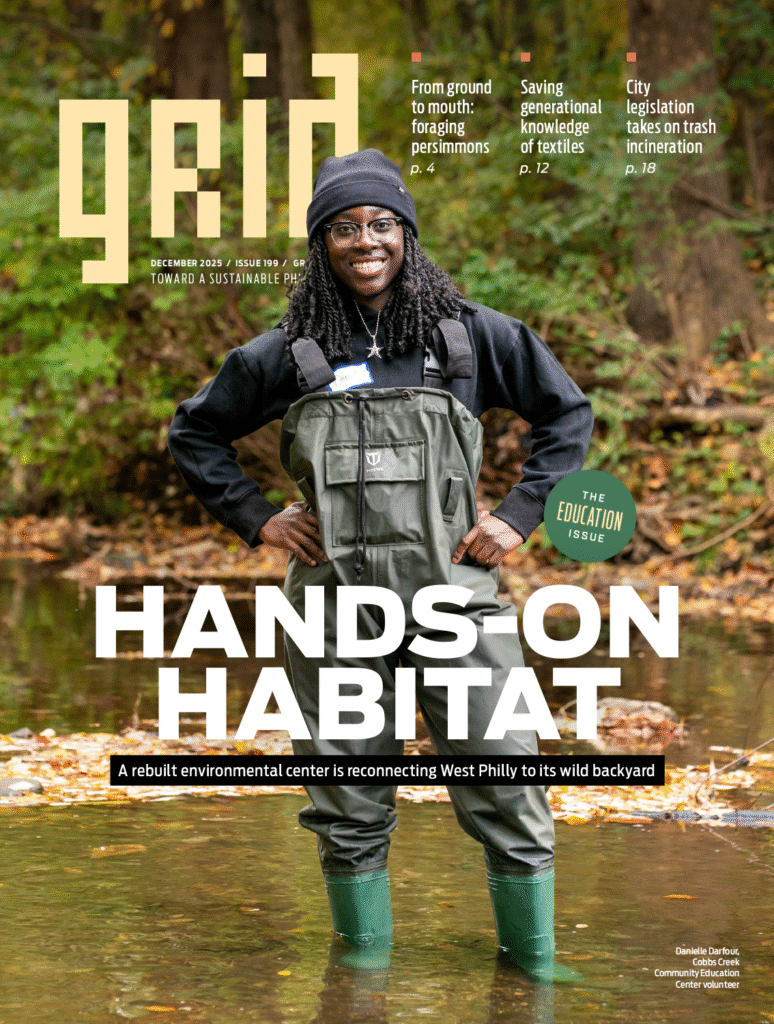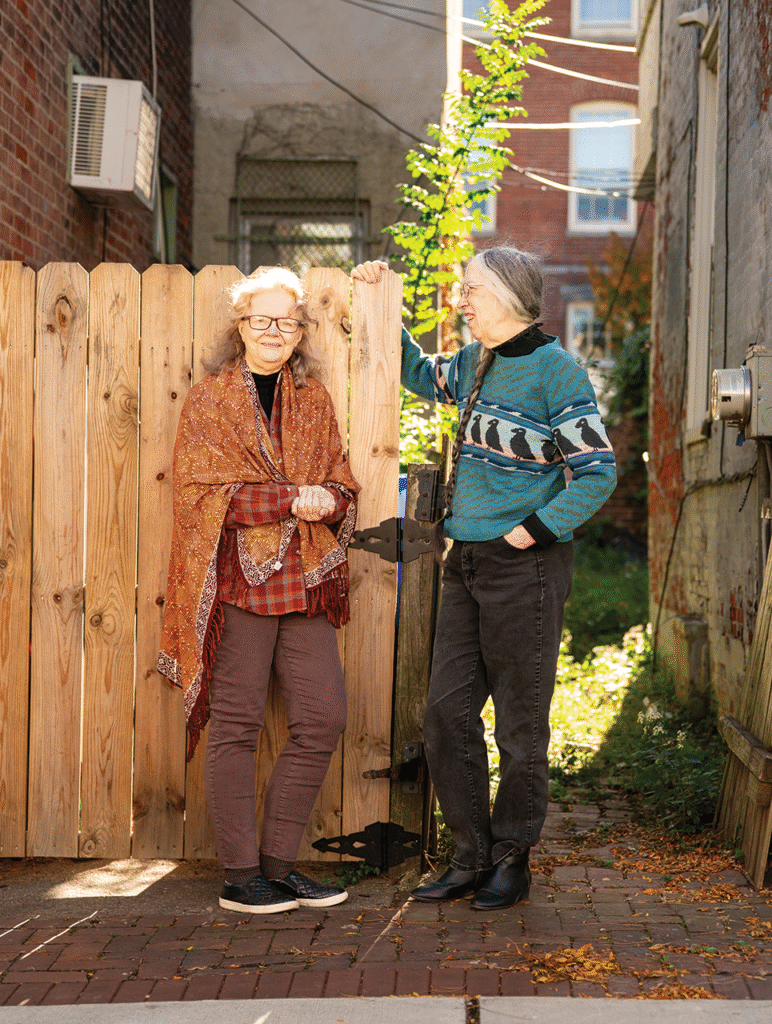If there’s one thing all Philadelphia’s mayoral candidates can agree on, it’s that Mayor Jim Kenney botched the water crisis that wasn’t.
On the heels of a near-crisis that called into question Kenney’s emergency response and the City’s ability to protect its drinking water system, the candidates to succeed Kenney in office gathered Wednesday night for a forum to discuss Philadelphia’s green future in a time of climate change and environmental injustice.
Hosted by the Green Living Plan, a consortium of local environmental and neighborhood organizations, the forum offered the candidates a chance to discuss their ideas to improve the city’s parks and tree canopy, transition away from fossil fuels and modernize infrastructure systems.
“A green new deal can’t just be a slogan,” Helen Gym said. “It’s got to actually fix wrongs, address inequality and deliver economic opportunity in a world in which fossil fuels have built inequity in the poorest large city in the country.”
Gym was joined by James DeLeon, Derek Green, David Oh, Rebecca Rhynhart, Warren Bloom and Maria Quiñones-Sánchez, who arrived halfway through the event, held at the Academy of Natural Sciences and moderated by Charles Ellison of WURD. Notably absent were Allan Domb and Jeff Brown, the two biggest spenders in the race to this point.
Penn Future president and CEO Patrick McDonnell, speaking before the candidates took the stage, described the Green Living Plan’s two-dozen actionable recommendations for the next mayor around issues including transportation, mobility, illegal dumping and waste. He called it a “a plea for leadership” — a comment with added resonance given the timing of the event.
The candidates opened the night with unanimity in their criticism of the current administration for its response to last weekend’s leak of 8,100 gallons of an acrylic polymer solution into the Delaware River and the confusing communication that followed.
“People didn’t know what was happening, and we had a panic and a crisis in the city because of an absence of leadership,” Green said. “Philadelphians should expect more and deserve better from our City.”
Gym and Rhynhart said they would use federal funds to support improvements to the city’s water infrastructure and stormwater systems, and Rhynhart noted the Philadelphia Water Department’s “unique ability” to issue bonds to contribute to any modernization projects. But DeLeon said that the next mayor will need to instead use the hundreds of millions remaining from the American Rescue Plan Act to augment the police force in an effort to reduce violence.
If the conversation was intended to focus on the environment, the frequent detours into questions of public safety, crime and policing were a reminder that it was a campaign stop nonetheless — not just a meeting of green minds. As Ellison pointed out, though, studies have shown that a number of environmental measures, along with cleaning and greening efforts, could significantly reduce crime.
Oh, the lone Republican in the field, said the City needs to “deal with a small segment of the population that is intent on murdering people,” in addition to improving the tree canopy and addressing blight in an effort to reduce crime. Others offered a less hard-line view.
“When we call the police, we’ve already failed as a government,” Quiñones-Sánchez said.
Rhynhart touted the benefits of equitable greening, saying that “the tree canopy in and of itself is good for emotional wellbeing.” Gym, meanwhile, suggested a “place-based strategy” that more deeply values each neighborhood. She referenced the work of Eugenia South, faculty director at the University of Pennsylvania’s Urban Health Lab, who has studied the benefits of simple investments like removing trash and planting trees and shrubs in disinvested communities.
“What Eugenia South is telling us is that all of government has to reorient itself away from the standardized ways we’ve pursued things, through policing,” Gym said. “We have failed to understand that the safest communities are the ones in which people live decent lives.”
In pursuit of a cleaner city, Gym said she would have a department solely dedicated to sanitation and waste management, rather than commingling that work with streetlight and roadway maintenance as the Department of Streets currently does. Rhynhart noted that a review conducted during her time as city controller found significant inequity in timely trash pickup — varying by as much as 30 percent by neighborhood.
Several candidates also expressed an interest in improving the use of cameras and other technology to enforce consequences for illegal dumping. Gym even suggested the use of detectives, while DeLeon said the City should bring back sanitation police.
In a city with worryingly high asthma rates and some of the most polluted air in the country, the candidates also weighed in on the need to transition away from fossil fuels and how to “expose young people to the green-collar industry,” as Green put it.
Rhynhart said she would appoint board members with expertise in clean-energy transitions to oversee Philadelphia Gas Works, noting the importance of preserving and improving the nation’s largest municipally owned gas utility.
“We need to be able to move PGW to cleaner energy while navigating the issues of affordability for the people and making sure we can have good-paying union jobs,” she said.
Rhynhart also said that the next mayor needs to ensure residents in the city’s poorest and most disadvantaged neighborhoods have pathways to those jobs — a component of the recently released Philly Tree Plan that aims to ensure equity in the effort to improve the tree canopy. (Every candidate said they would commit to carrying out the plan.) Gym suggested bringing career technical education programs back in full force and called on financial and lending institutions to support access to learning and workforce development for green jobs.
Philadelphia’s park system took center stage for portions of the conversation, with Quiñones-Sánchez urging the Philadelphia Water Department to take the lead on maintenance of trees and other green stormwater infrastructure so the underfunded Parks & Recreation Department isn’t burdened with that work.
“While I understand we have shining stars within our park system, every park in every neighborhood needs to be treated as an essential gathering space, especially for Black and Brown neighborhoods where so much else isn’t available,” Gym said.
Green emphasized the need to improve the walkability and ADA-accessibility of the city, including its parks.
“When we create intergenerational and accessible spaces, we add safety to the spaces we’re creating,” Quiñones-Sánchez said.
Although the conversation largely skirted around confronting climate change directly, a question about construction in floodplains offered perhaps the clearest opportunity to address the type of environmental shifts that are already affecting Philadelphia’s neighborhoods.
The City should establish environmental justice zones to have clear metrics guiding development in areas susceptible to flooding or overheating, Gym said. Rhynhart said it “didn’t make sense” when she learned that a new apartment complex could be coming to Manayunk’s flood-prone Venice Island. She said she would push the City to become carbon-neutral while also ensuring any future development considers the potential effects of climate change.
Gym said she would use a climate index to help City agencies oversee development.
“We’re going to hold our development accountable to the needs of communities,” Gym said, “because a green future means our city stops flooding and our children don’t get sick.”
Several of the candidates at Wednesday’s forum are expected to be in attendance at a climate-focused forum presented by Green Philly on April 4. The mayoral primary election will be held May 16.


